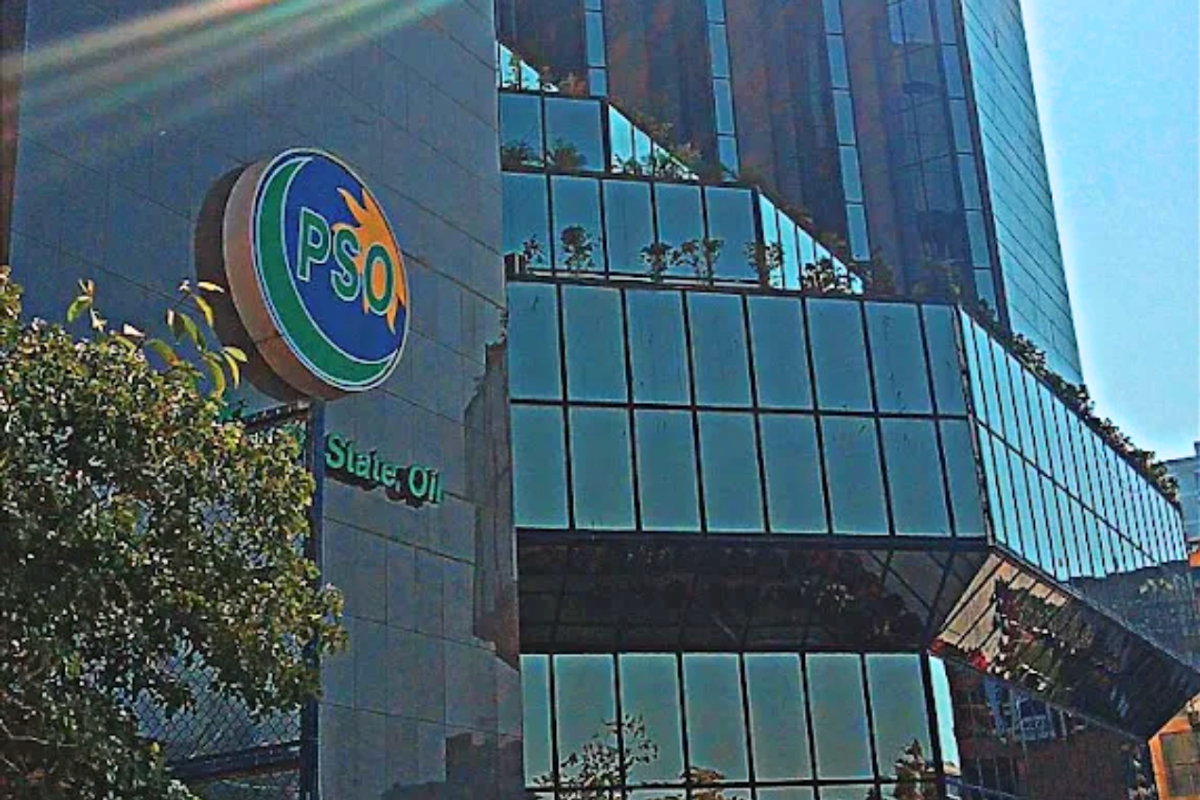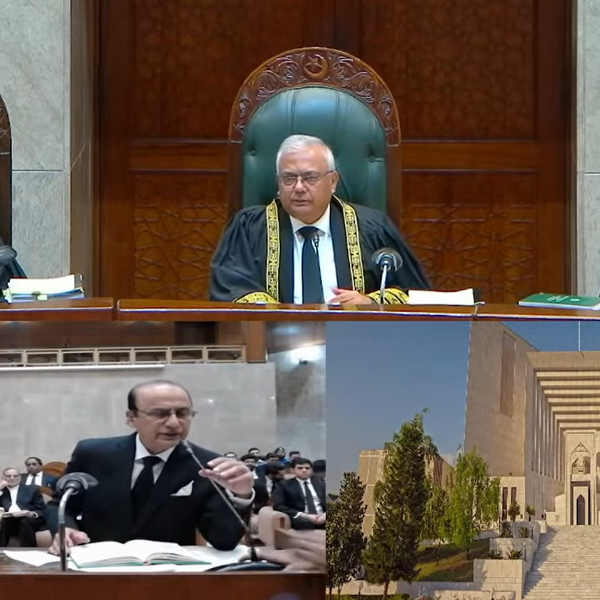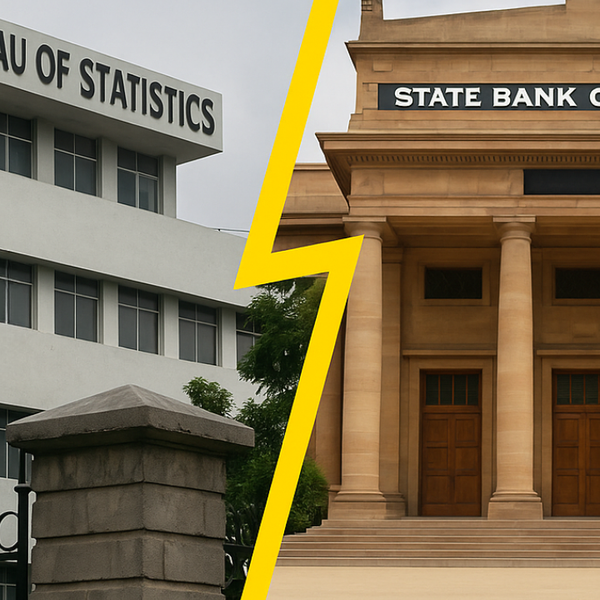Pakistan’s national oil company cuts foreign debt by $400 million
In its annual general meeting, the company said a trading subsidiary will be formed to improve procurement
Business Desk
The Business Desk tracks economic trends, market movements, and business developments, offering analysis of both local and global financial news.

PSO reports its gasoline and diesel market share declined to 45% in FY25 from 51-52% a year earlier
Pakistan’s national oil company has reduced its foreign debt by $400 million, with a target to cut another $300 million by year-end, according to an official announcement.
Pakistan State Oil’s (PSO) annual general meeting on Friday was told the foreign debt has come down from $1.3 billion to $900 million, signaling a strong focus on deleveraging and operational efficiency.
Company’s officials emphasised that line fill income — revenue derived from maintaining required fuel volumes in pipelines — is a recurring and integral part of PSO’s core operations, being directly linked to interest rates and working capital deployment.
The management also noted that under the government’s Greenfield and Brownfield refinery policies, Pakistan could potentially save $1.6-2 billion annually in foreign exchange, which is currently spent as premiums to international fuel traders.
In 2023, the Pakistan government approved the brownfield and greenfield refining policies to upgrade existing refineries to produce cleaner fuel and incentivize investment in new refineries.
The brownfield refining policy was aimed at upgrading local oil refineries to produce cleaner fuels, while the greenfield refinery policy was approved to attract foreign investment to construct new facilities, which focus more on producing white oil products like gasoline and diesel rather than furnace oil.
PSO reported that its white oil market share declined to 45% in FY25 from 51-52% a year earlier, amid rising competition and aggressive discounting by peers.
To regain the share, PSO plans to expand its retail network in underperforming regions, optimize pipeline utilization to cut costs, and establish a trading subsidiary to improve procurement flexibility, pending federal approval.
Circular debt and cost margins
Regarding the circular debt issue, PSO confirmed that the government’s PKR 1.2-1.3 trillion reduction plan has been signed, though the specific allocation to PSO remains unclear, as a portion of the funds will go toward coal- and gas-fired power plants.
The management further acknowledged that the long-pending revision of oil marketing company margins has yet to be approved by the government. A summary sent by the Economic Coordination Committee of the Cabinet – Pakistan’s second-highest economic decision-making body – was returned for reassessment amid ongoing price wars in the oil marketing sector, where some OMCs are offering discounts of up to PKR 8 per liter, raising questions about cost sufficiency and margin adequacy.
Regarding the Sindh Infrastructure Development Cess on petroleum imports, PSO said that although a decision to collect bank guarantees was made in September 2021, compliance was hampered by the Russia-Ukraine conflict. For re-gasified liquefied natural gas (RLNG), it said the cess has been passed on to consumers.
Federal and provincial authorities — including the Special Investment Facilitation Council (SIFC) — are now working toward a resolution, with management expecting the cess to continue to be passed on to end users.










Comments
See what people are discussing